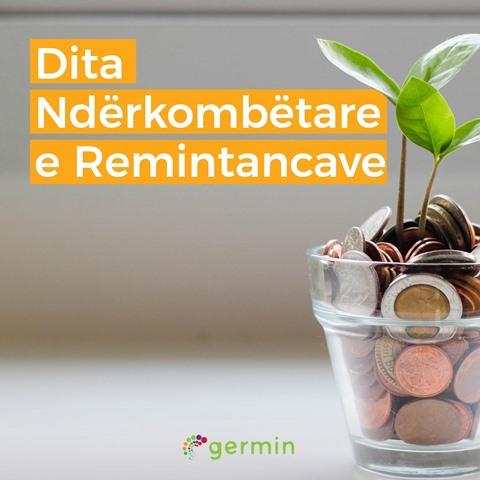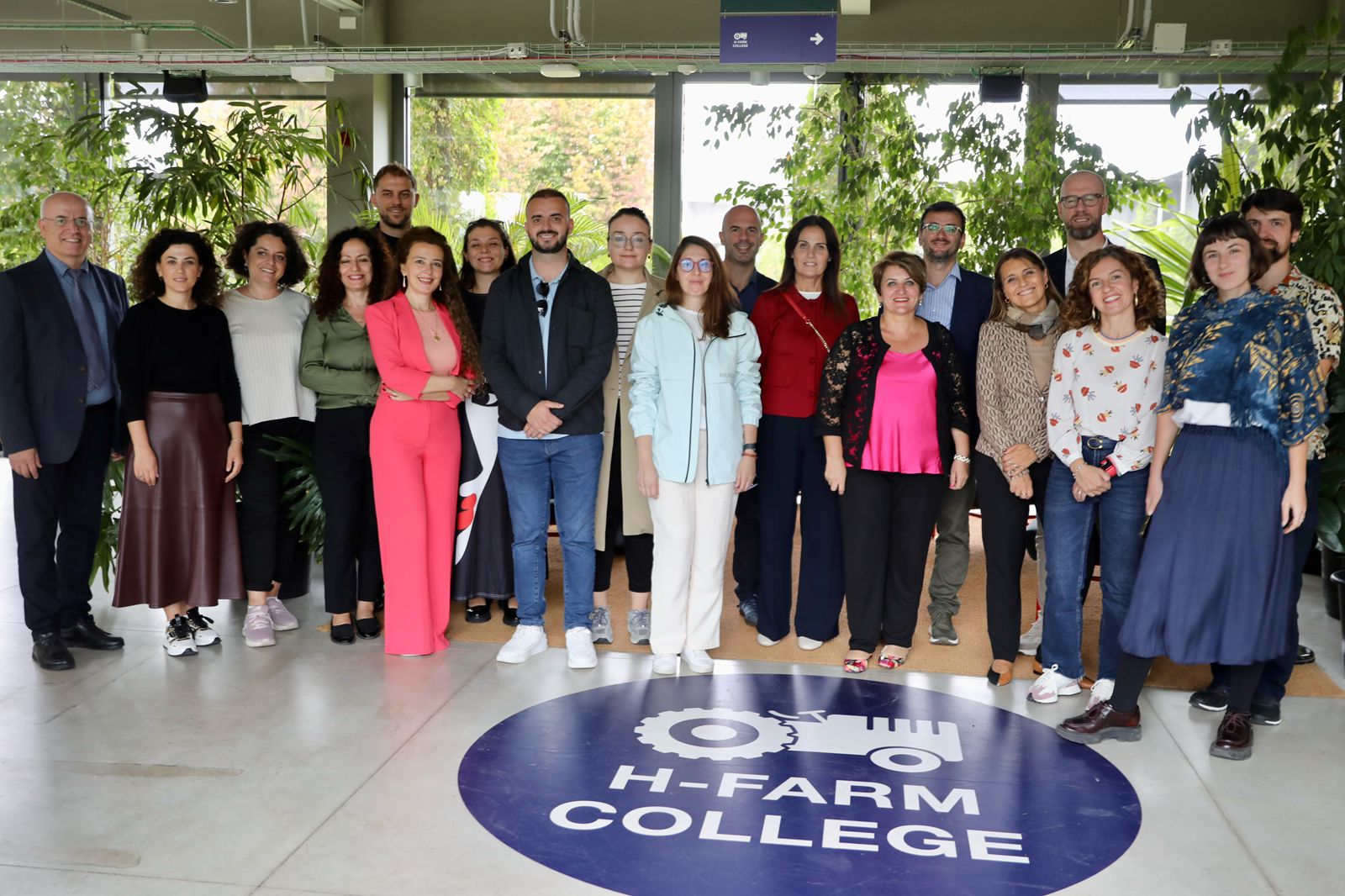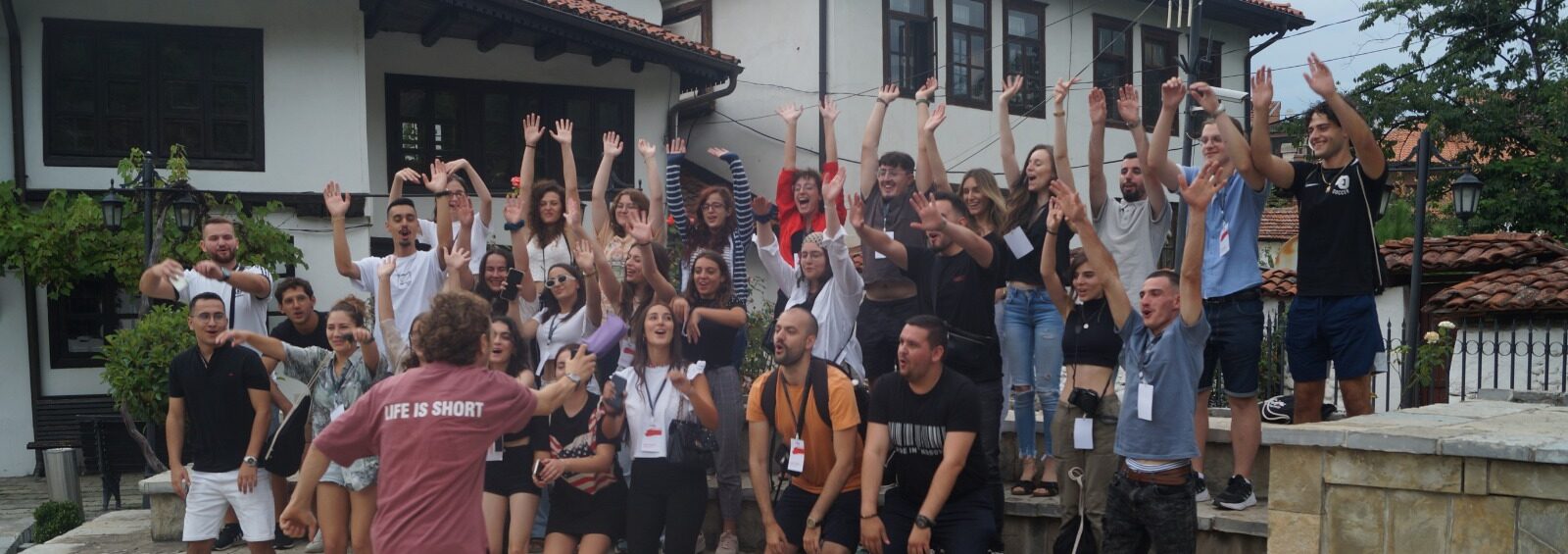June 16th is the International Day of Family Remittances (IDFR), which was designated by the General Assembly of the United Nations. Every year the UN sets a theme to mark this day. For 2022, the main topic for the International Day of Family Remittances is “Recovery and Resilience through Digital and Financial Inclusion”.
This day is marked to evaluate the work of 200 million migrants, women and men, who donate money to more than 800 million family members.
There are no exact numbers of how many Kosovo Albanians live abroad, but it is assumed to be around 900 thousand people. According to a report by the Riinvest Institute entitled “Diaspora and Migration Policies”, the majority of Kosovo Albanians live in Germany (39%), Switzerland (23%), Austria (7%), the United Kingdom (5%), the United States and United States (3.5%), Croatia, France, Canada (2% each).
This day is so important, especially for Kosovo. The Kosovo Diaspora has been a support for its homeland in its most difficult days. In times of war and post-war. Still, 23 years after the war, the Albanian diaspora from Kosovo is among the main engines of the country’s economy.
Based on the large number of Kosovo Albanians living abroad, remittances are also at a high level. According to data published by the Central Bank of Kosovo, the trajectory of remittances shows a continuous increase over the years. In 2021 more than 1 billion euros were received, while in 2011 they were less than 500 million euros.
The nature of remittances can be: 1) Individual remittances, when sent to households, 2) Collective remittances, when collected and sent by a certain community in the state of residence in the country of origin, 3) Philanthropy, when members of the diaspora make individual donations to the country of origin.
In March of this year, GERMIN conducted a report entitled “Remittances in Kosovo: Large amounts, small discussion” – where it analyzed the opinions of the diaspora members regarding the sending of remittances to Kosovo.
This report sheds light on the fact that every third household receives remittances, and many families are dependent on them, having them as their only source of income.
What is noticed in the questionnaire conducted by GERMIN, is also the assessment of the spending of remittances and the difference between where they should be spent. Respondents said that the state of Kosovo should look with concern at the reason how remittances are used. According to them, remittances are mainly used in food consumption and health care.
Also, during the discussions that GERMIN has had over the years with the representatives of the diaspora, it was understood that the state of Kosovo has not applied any appropriate policy to channel remittances toward the development of the country.




